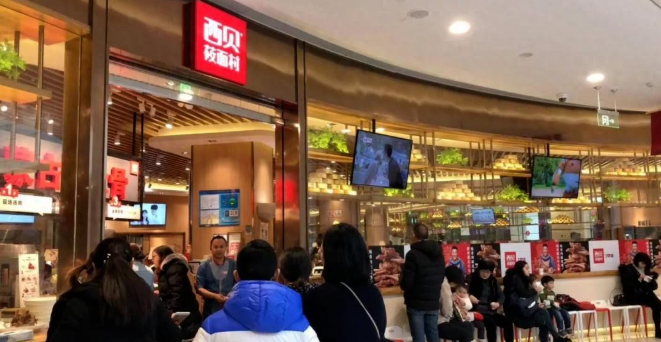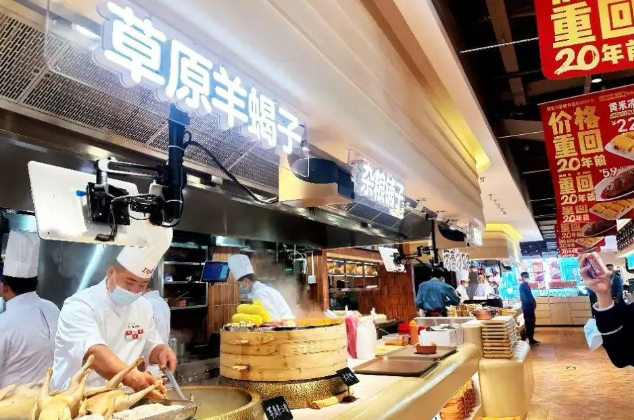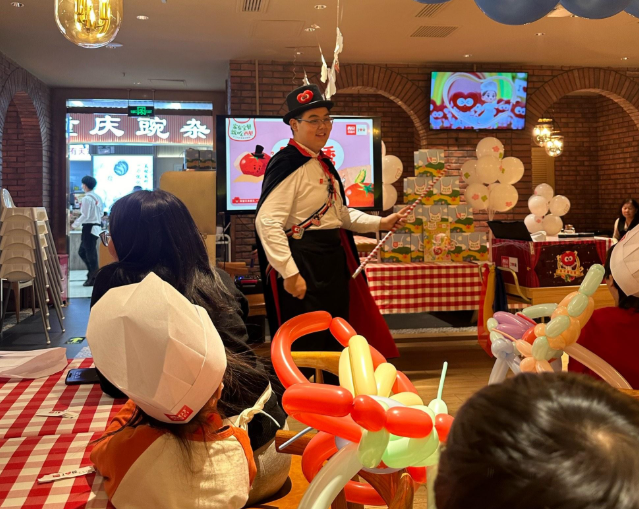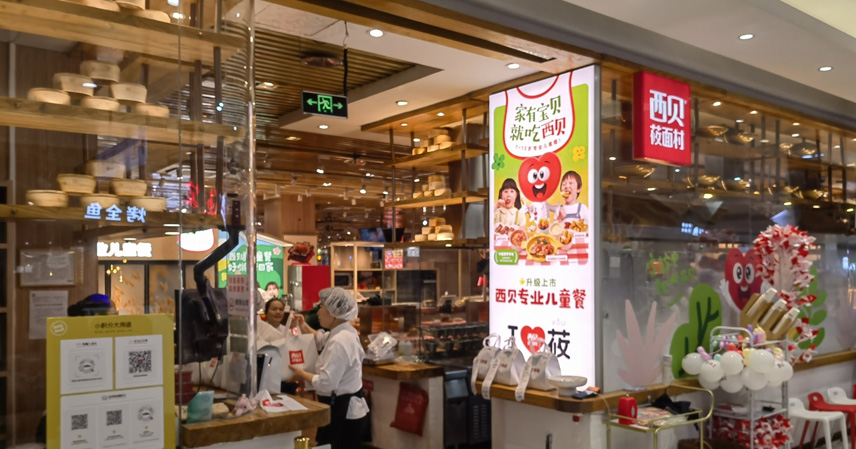Amid the ongoing buzz around Xibei’s “pre-made dish” controversy with influencer Luo Yonghao, the spotlight intensified on September 12, 2025, when Pang Dong Lai founder Yu Donglai publicly thanked brands like Xibei and Haidilao. Yet, for many, flipping through Xibei’s menu is a shock: a single steamed bun costs 33 yuan ($4.70), and a bowl of tofu soup hits 69 yuan ($9.80)—prices that scream “rip-off” to the average person. Online, netizens vent: “Don’t bother if your salary’s under 5,000 yuan!” or “Even 20,000 yuan a month can’t afford this!”
Yet, despite the complaints, Xibei’s business is booming. In 2023, the chain raked in over 6.2 billion yuan ($880 million) across nearly 400 directly operated stores, averaging 15 million yuan per store annually. During holidays, Beijing, Shanghai, and Shenzhen locations often have 30-minute to three-hour wait times. Compare that to supermarket buns at four for 2 yuan or an 8-yuan bowl of Lanzhou noodles—why do people keep flocking to Xibei?

Appealing to the Middle Class with a “Refined” Experience
Unlike most dining chains chasing customers with discounts or buy-one-get-one deals, Xibei takes a different path. It shuns affordability for status and ambiance, positioning dining as a reflection of lifestyle and quality rather than just a meal. For China’s growing middle class, eating out isn’t just about filling up—it’s about dignity and consistency.
Xibei taps into this mindset, branding itself as a premium dining option. Its restaurants boast stylish decor infused with Northwest Chinese cultural elements, emphasizing healthy, pure, and eco-friendly ingredients and handcrafted dishes. The message is clear: Xibei isn’t your average eatery—it’s a place that elevates your social standing.
Data backs this strategy’s success. A few years ago, Xibei’s per-person spending averaged 50-60 yuan, but now it’s 80-90 yuan, with some stores hitting 150 yuan. Despite rising prices, customers keep coming, showing middle-class diners are willing to pay for a reliable, high-quality experience. In an era of endless choices, people value peace of mind and are happy to spend more to avoid disappointing meals, especially for social gatherings or family outings where a dependable experience matters.

“Slightly Pricey, Big Delight”
Xibei’s core strength lies in delivering an experience that exceeds expectations. Customers may wince at the cost, but the meal often feels worth every penny—sometimes even better than anticipated. How do they pull it off?
First, product transparency. Xibei’s open kitchens let diners watch ingredients being prepped and cooked, fostering trust and justifying the premium prices. Second, service and ambiance. Beyond standardized hospitality, Xibei adds flair with magic shows, free kids’ toys, and warm, well-trained staff, creating a welcoming vibe. The decor, rich with Northwest motifs, feels fresh and distinctive. Third, emotional payoff. Xibei crafts a sense of value imbalance—spending 500 yuan feels like a steal compared to a lackluster 50-yuan meal elsewhere. This “worth it” feeling drives repeat visits, with some willingly waiting hours for the thrill.

A Haven for Parents
Xibei excels at targeting family diners, especially parents with young kids. Dining out with children can be a headache—kids get bored or picky—but Xibei nails this niche. Many stores feature lively children’s play areas, keeping kids entertained while parents relax. Happy kids mean parents feel their money is well spent, making Xibei a go-to for family outings.
Despite years of price gripes—pre-dating the pandemic—Xibei keeps expanding, with revenue climbing. The backlash is surface-level; the real draw lies in consumer habits, essential needs, social stratification, and emotional value. Xibei’s packed tables prove that for many, the premium price is a small cost for a memorable, dependable dining experience.



